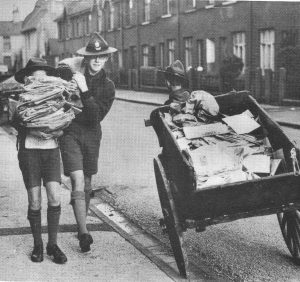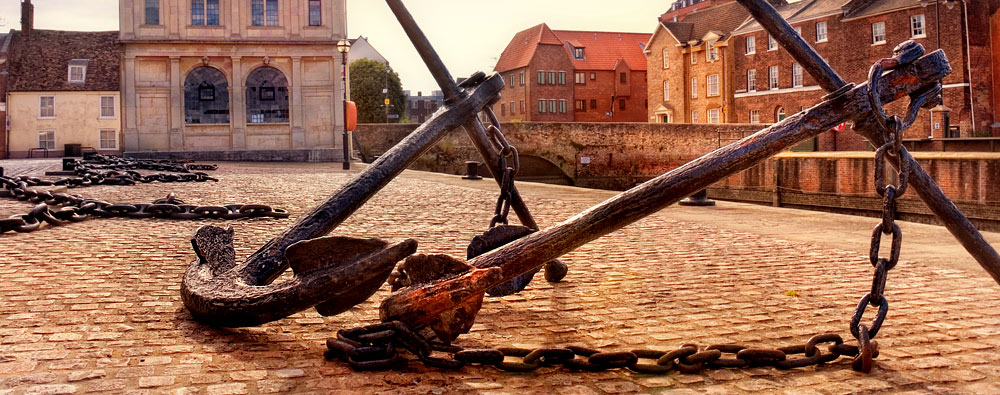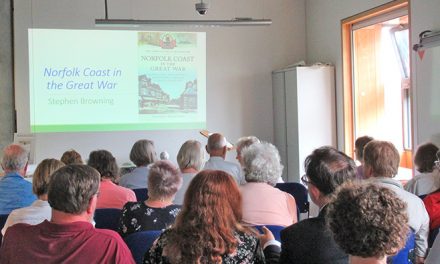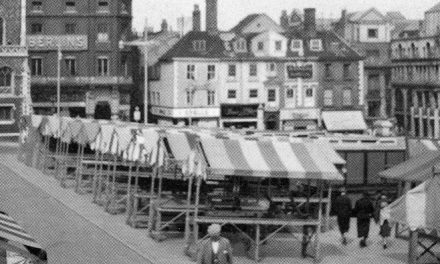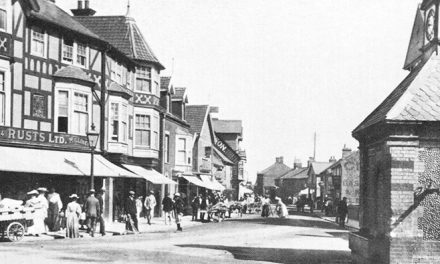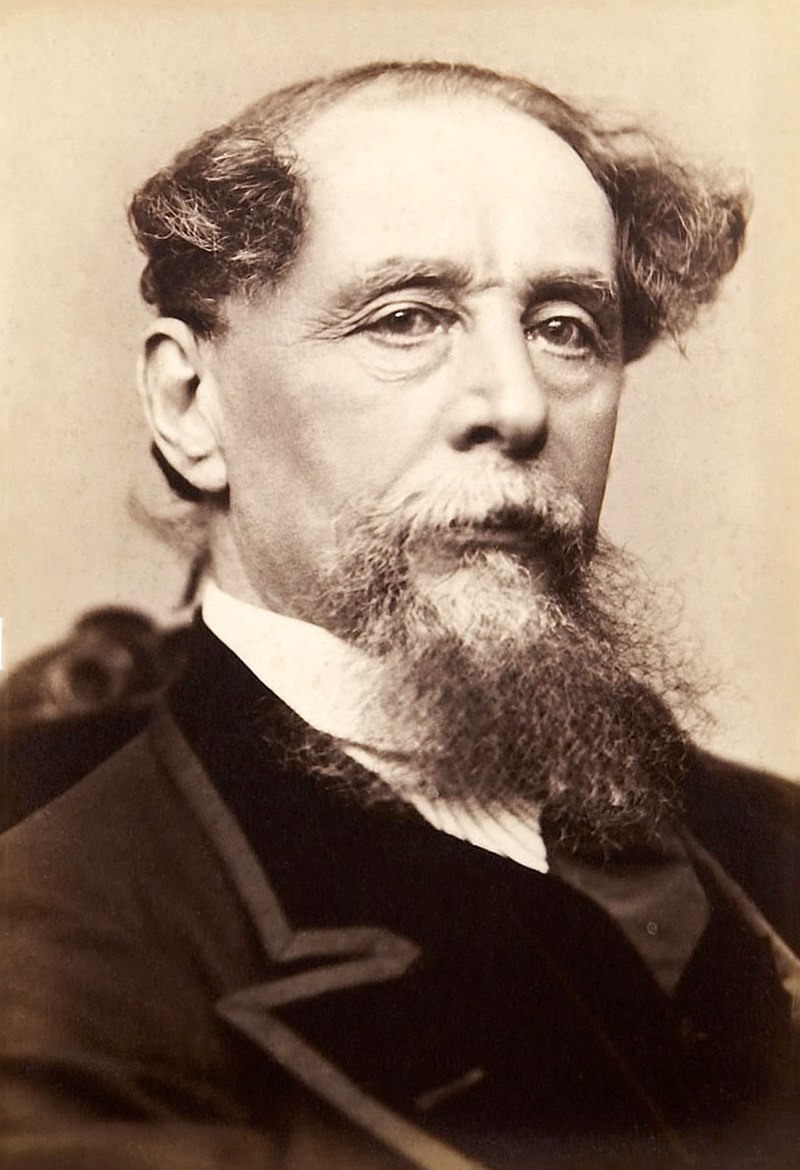In another post, we talk about ‘Hunstanton’s Great Secret’ which was pivotal in changing our fortunes in the Great War. Yet other towns also played a vital role in the conflict and no story is more fascinating than that of Kings Lynn: although experts still debate the exact impact of the facts given below on the outcome of the war, it is a remarkable story in several ways, not least as an example of ‘thinking outside the box’ when faced with a problem that at first appeared to defy resolution. It is all about cordite, conkers and the future inaugural President of Israel.
What is cordite?
Cordite had been used by the British Army as a propellant for shells and bullets since 1889 – previously, black gunpowder had been used. A vital ingredient of this was acetone, along with nitroglycerine and gun cotton. Pre-war production involved huge quantities of birch, beech and maple which, through a process of dry distillation known as pyrolysis, produced the cordite. As demands increased manifold at the beginning of the war, Britain was forced to seek imports from America, a state of affairs clearly unsustainable given the success of the U-boat campaign. By 1915 there occurred a ‘shell crisis’ when British guns were limited to firing only a few times each day.
Enter Lloyd George, Chaim Weizmann, the Queen and lots of boy scouts
It was at this time that the Ministry of Munitions was set up under future Prime Minister, David Lloyd George, who asked renowned Manchester University chemist Chaim Weizmann to look for alternative ways to produce acetone. He set to work and came up with a new anaerobic fermentation process that used a bacterium, which came to be called ‘Weizmann organism’, to produce large amounts of acetone from various foodstuffs including grain, maize and rice. Two new factories were built to build upon this success, one at Holton Heath in Dorset and the other at Kings Lynn. They were very successful, producing between them enough gallons of acetone – about 90, 000 a year – for the British armed forces.
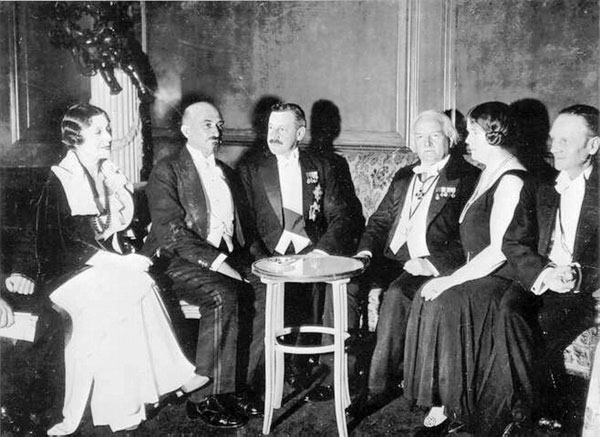
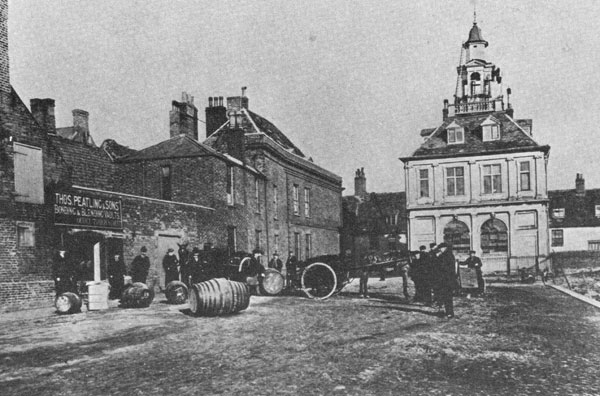
Problems occurred in 1917 as grain and potatoes became scarce because of German U-boat operations. Weizmann was asked to perform yet another miracle and he began experimenting with the common conker. As this looked very promising, the government launched a nationwide scheme to encourage youngsters and adults alike to gather as many tons as possible. Kept keen by the payments of 7s 6d (37.5p) for every hundred weight, 3000 tons were collected for the Kings Lynn factory. It is part of folklore that even the Queen joined in at her Sandringham gardens. Much was sadly left to rot as school children proved too adept at this task.
Production began in April 1918 but there were many teething problems and not as much acetone was produced as hoped for. Production ended after about three months but by then the war was clearly being won.
First President of Israel
Chaim Weizmann’s contribution to the world continued after the war: he became the first President of the state of Israel which was established in 1948. He died in 1952.
